Excessive and uncontrolled access to the Internet and social networks will increase the rate of minors with mental health problems, seriously affecting their psychology and physiology, and even being attacked, abused, lured, enticed, and forced to participate in illegal activities. The big challenge is not only to completely eliminate harmful content from the digital environment, but also to focus on protecting children and minors from online "traps".
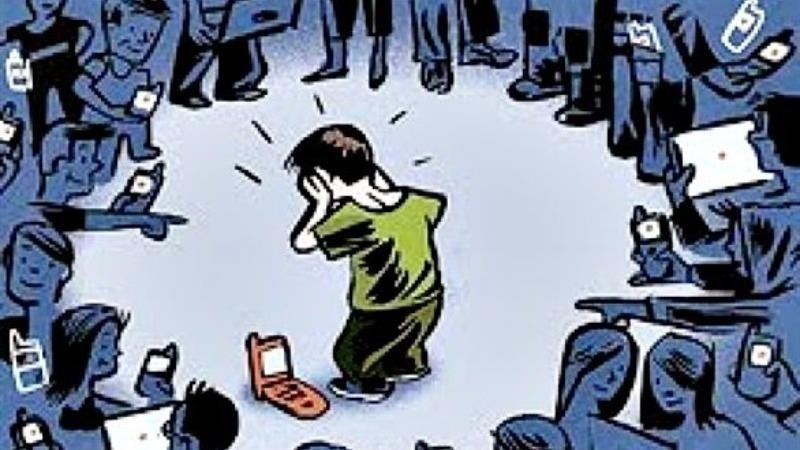 |
| Excessive and uncontrolled access to the Internet and social networks will increase the rate of minors with mental health problems, seriously affecting their psychology... |
Risks and challenges from cyberspace
Vietnam ranks 16th in the world in terms of Internet users, with more than 70 million registered social network accounts, of which one-third are minors. This means that minors face many risks, posing significant challenges in protecting this group of people in cyberspace.
Minors have the ability to perceive, quickly access, and easily adapt to changes in the Internet and social networks, but are also vulnerable because social networks do not have enough mechanisms to ensure safety for this group in cyberspace.
Notably, this is the age group in puberty, so they are unstable psychologically and physiologically, along with incomplete personality development, often tending to want to prove themselves, showing a strong but thoughtless personality, ready to take risks and challenges.
This becomes even more complicated when legal knowledge and knowledge of social life are limited, even distorted, making minors vulnerable to online bullying, seduction, enticement, incitement, and even human trafficking...
Due to their curiosity, the risk of sexual abuse online for minors is extremely high. Through social networks and the Internet, subjects sexually harass, entice, entice, threaten, etc. If not equipped with self-protection skills, minors can easily participate in prostitution, even prostitution.
One case that can be mentioned is that of A, 17 years old in Ho Chi Minh City, who became the victim of a pervert on social networks. Through the group "buying and selling comics", Facebook account Nhi Tran contacted A to buy comics. However, A said: "That person told me to make a video call to check the quality of the comic. The first two times I called, the network was weak, and the third time, that person filmed my sensitive parts"; "After that, I found out that this account had attacked many friends in the group with similar methods".
On social networks, there is a lot of bad and toxic information and images that can affect and distort the behavior and personality of young people, leading to unpredictable consequences. These are information with obscene and violent content, promoting deviant lifestyles, and even criminal and anti-social behavior.
A sobering reality is that many children and minors today are promoting “cyber gangsters”, imitating substandard lifestyles, and spreading deviant behaviors on social networks. Many even express their desire to become “disciples” of cyber gangsters.
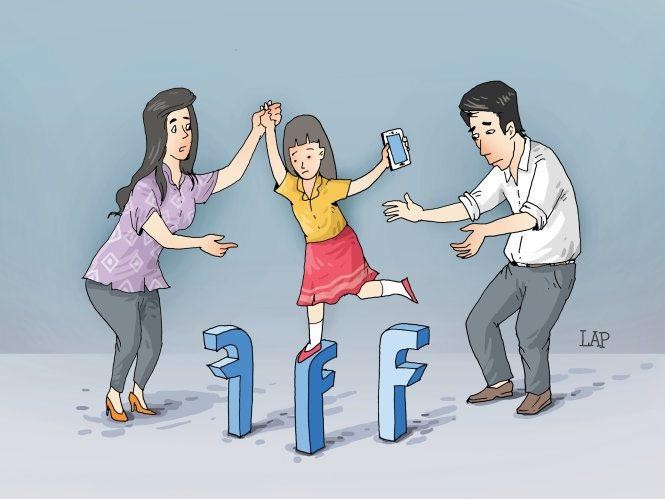 |
| What should parents do to protect their children from dangers on social networks? |
Dr. Ta Thi Thao, Deputy Head of the Faculty of Social Sciences and Humanities, College of Science, Thai Nguyen University said: "Some influential people on social networks such as Phu Le, Huan Hoa Hong, Kha Banh, this is a phenomenon of deviant online idols. When these people have videos containing offensive images, violence, and vulgar language, but the audience is mainly young people, it causes false perceptions about the psychology and deviant behavior of young people in daily life."
Violence is a significant risk for minors; it is a major challenge for authorities, families and schools in protecting this group of people in cyberspace. More dangerously, cyber violence, especially verbal violence and boycotting trends can kill a person both literally and figuratively. At this age, minors do not have a clear awareness and perspective on social issues, are easily influenced by negative emotions, calls and become "accomplices" of boycotting trends online.
This phenomenon not only affects the psychology and healthy development of young people, but also increases the risk of mental health problems such as anxiety, depression and even suicidal thoughts. A 2020 study by Plan International found that the rate of students being cyberbullied increased from 12% in 2016 to 18% in 2020; more than 50% of adolescents in Vietnam are bullied online.
Minors like to share "strange" and "unique" information. However, their political awareness is not yet mature enough, so they are easily influenced by negative and toxic information; even hostile, fabricated statements, ethnic, religious, and gender discrimination; forming negative views, opposing society and the law... Taking advantage of this psychological characteristic, hostile and reactionary elements try to propagate to corrupt and degenerate the Party's powerful reserve force.
According to statistics from the Ministry of Public Security, the number of juvenile offenders is increasing; on average, each year, the country has about 13,000 cases of juveniles violating the law. Criminals under the age of 18 are becoming younger and younger. More dangerously, these illegal acts are posted on social networking sites by the subjects, considering them as achievements to brag about and challenge the law.
In the digital environment, cybercriminals are increasingly using sophisticated tactics to scam, bully and abuse minors. One of the common methods is through fake email and messaging websites, social networks such as Zalo, Facebook... spreading malicious information, collecting information; tricking children into downloading malware to their computers, impersonating identities on social networks to approach and scam. At the same time, the lack of knowledge about digital safety and how to protect oneself, from keeping personal information confidential to recognizing online fraud, makes minors more vulnerable to becoming victims.
With children spending most of their daily time online for learning and entertainment, they are increasingly drawn into the digital world, reducing their participation in extracurricular activities and direct interaction with the society around them. This not only limits their ability to develop social and physical skills, but also facilitates exposure to negative content on the Internet, thereby affecting the healthy development of the mind and cognition.
| According to a survey by the Ministry of Labor, War Invalids and Social Affairs, in the first 3 months of 2023, 89% of children accessed and used the Internet, 87% of whom used the Internet daily. In addition to the time spent studying, children spend an average of 5-7 hours/day on social networks. Meanwhile, according to recommendations from health organizations, children should only access the Internet for 2-3 hours/day. |
Protecting Minors Online
To protect minors from the negative effects of social networks, it is necessary to pay attention to implementing the following solutions:
First , comprehensive education and awareness raising. Develop and implement cyber safety education programs in schools and communities, providing up-to-date knowledge about online risks such as cyberbullying, online fraud, and how to protect personal information.
At the same time, organize extensive communication campaigns to raise awareness of the importance of safe and responsible Internet use for minors. By learning how to identify right and wrong information online, along with measures to protect personal information, children will be more confident and safe online.
Second , increasing parental supervision of their children’s online activities is crucial. Implementing parental controls and establishing a set of specific family rules for Internet use can help protect children from online dangers. Additionally, taking the time to talk to and listen to children share their experiences online not only strengthens family relationships but also provides an opportunity to guide children in accessing information safely.
Third , strengthen cooperation and regulation. Regulators need to work closely with social media platforms to strengthen user protection measures, especially for minors, by establishing clear content and privacy regulations for social media platforms.
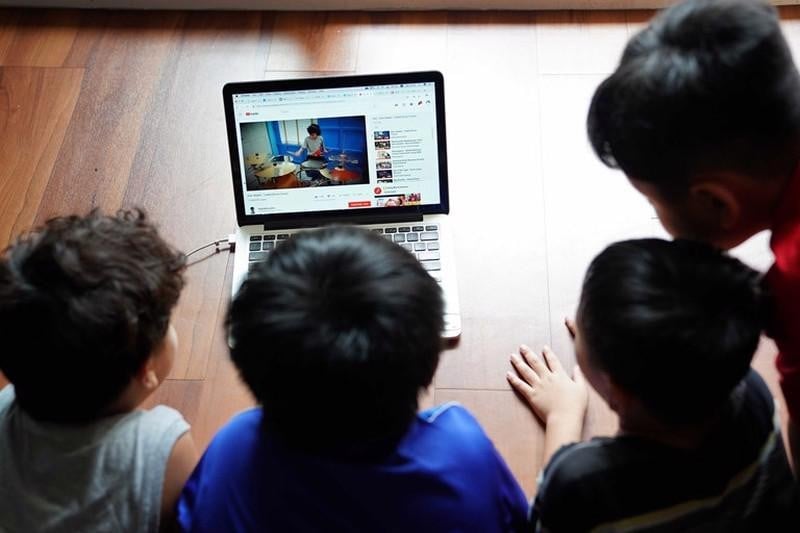 |
| In the digital environment, cybercriminals are increasingly using sophisticated tactics to defraud, bully and abuse minors. |
Fourth, apply protective technology. Encourage and guide minors to use technological tools such as anti-virus software, firewalls, and screen time management applications to protect themselves from online threats and effectively manage their internet usage time.
These tools have the ability to block or limit minors’ exposure to harmful, inappropriate content. By carefully setting up content filters, parents can control the content their children are exposed to, while also helping them learn to use the Internet safely and responsibly.
Educational institutions and governments need to be proactive in providing information and technical support to parents to effectively use these tools. The overall goal is to create a safe space where minors can explore and learn on the Internet without facing unnecessary risks.
| A 2020 study by Plan International found that the rate of students being cyberbullied increased from 12% in 2016 to 18% in 2020; more than 50% of adolescents in Vietnam are bullied online. |
Fifth , develop life and communication skills. Organize courses and extracurricular activities to develop life skills, including sports, arts, and social projects, direct communication skills and emotional management for minors. The goal is to help them build healthy relationships in real life and reduce dependence on social networks.
Sixth , build a supportive community. Provide psychological support and counseling services to minors to help them deal with online stress, violence or abuse. Organize communication campaigns and community events to raise awareness and responsibility for creating a healthy online environment, thereby encouraging everyone, from individuals, families to communities, to contribute to the protection of minors.
Seventh , promote multi-sectoral cooperation in protecting minors in cyberspace, in which close coordination between families, educational institutions, state agencies and non-profit organizations is extremely necessary; not only raising awareness of cyber safety in the community but also contributing to creating a legal framework and digital environment where minors can explore, learn and develop safely.
These solutions need to be implemented in a coordinated and continuous manner, with the participation of all levels of society, to create a safe and positive online environment for minors.
---------------------------
(*) Department of Cyber Security and High-Tech Crime Prevention
(**) People's Security Academy
Source: https://baoquocte.vn/bao-ve-nguoi-chua-thanh-nien-tren-khong-gian-mang-273009.html




![[Photo] "Beauties" participate in the parade rehearsal at Bien Hoa airport](https://vstatic.vietnam.vn/vietnam/resource/IMAGE/2025/4/11/155502af3384431e918de0e2e585d13a)


![[Photo] Looking back at the impressive moments of the Vietnamese rescue team in Myanmar](https://vstatic.vietnam.vn/vietnam/resource/IMAGE/2025/4/11/5623ca902a934e19b604c718265249d0)
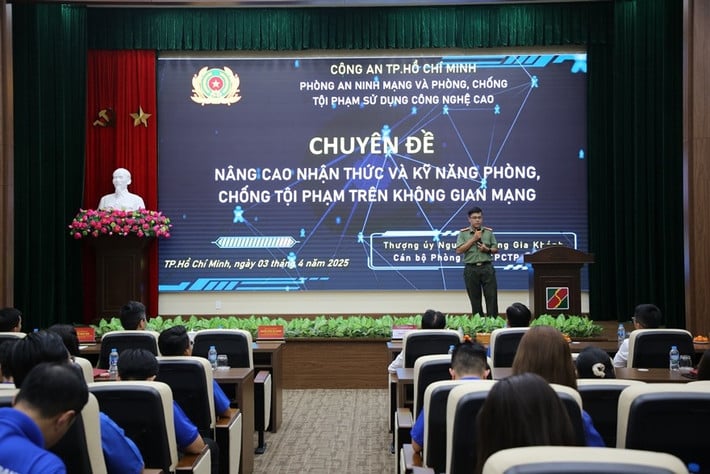

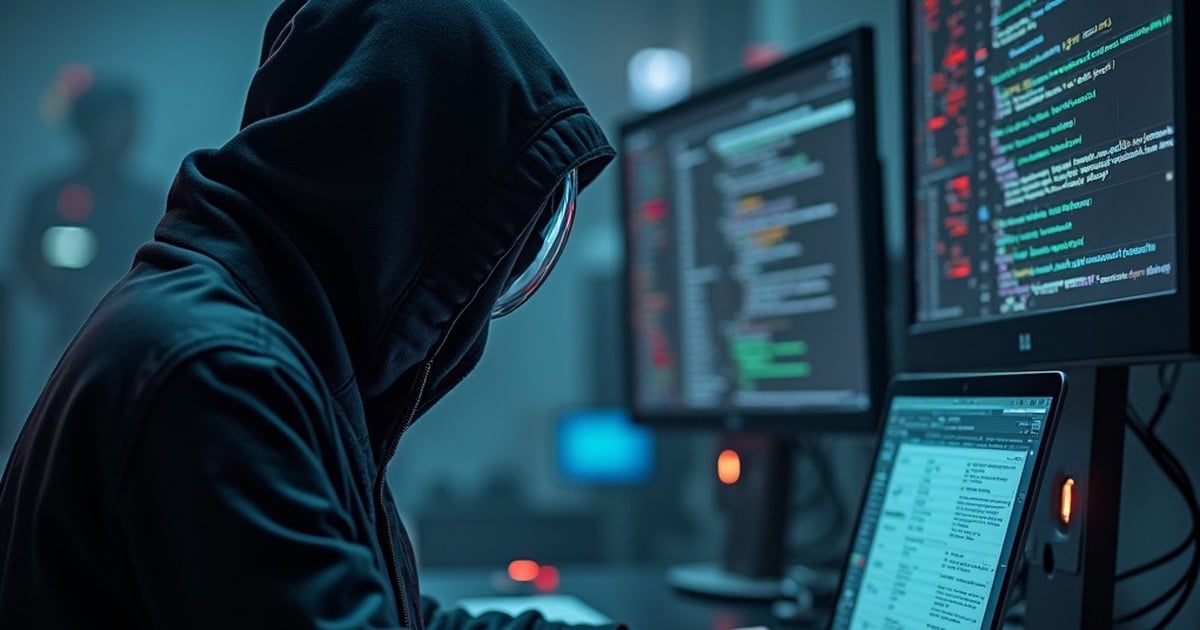



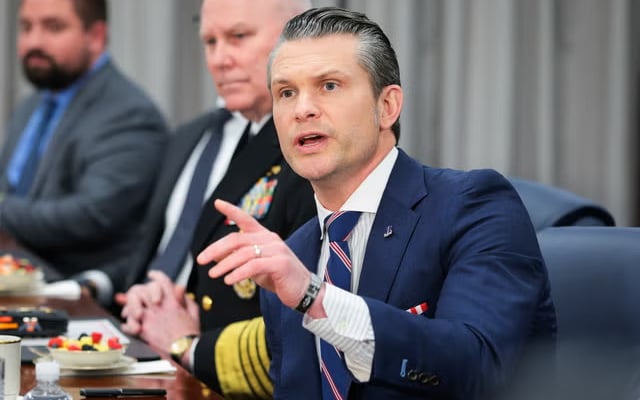

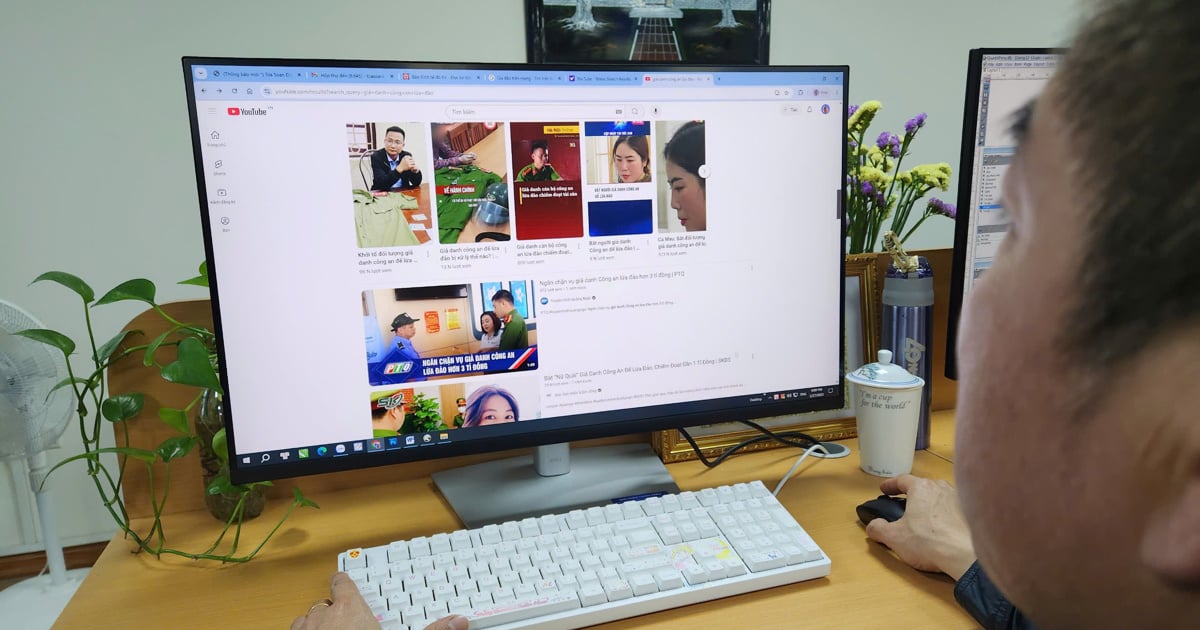

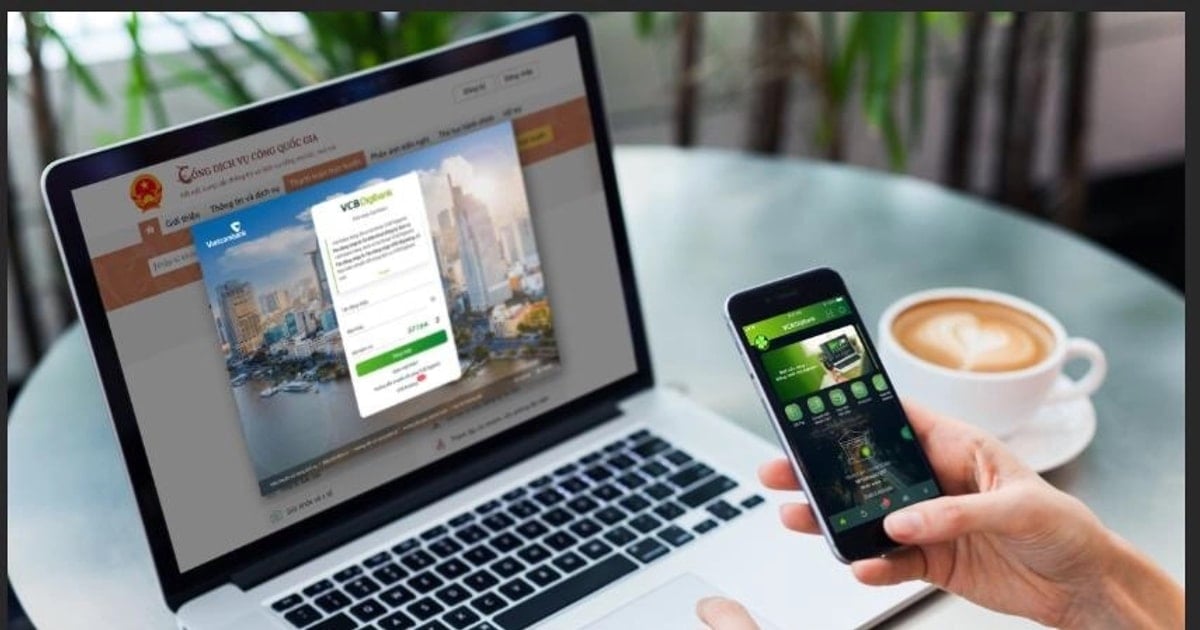




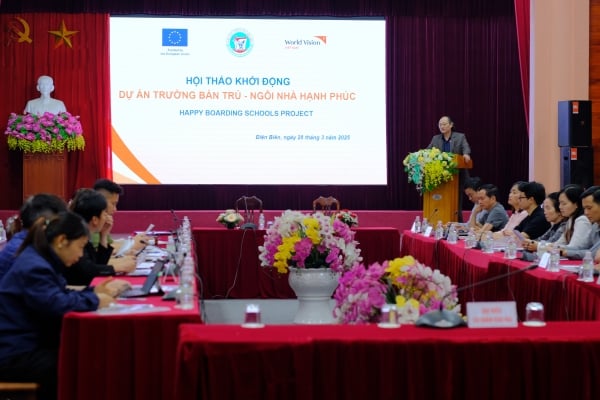
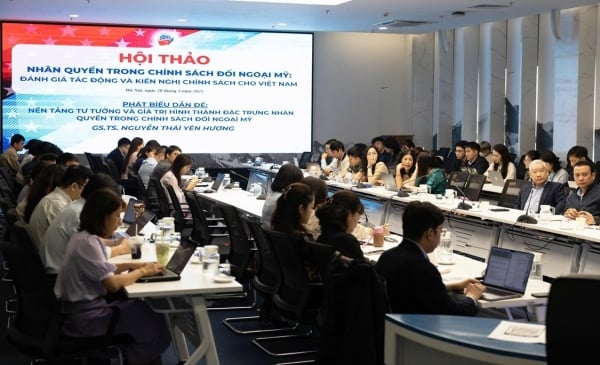


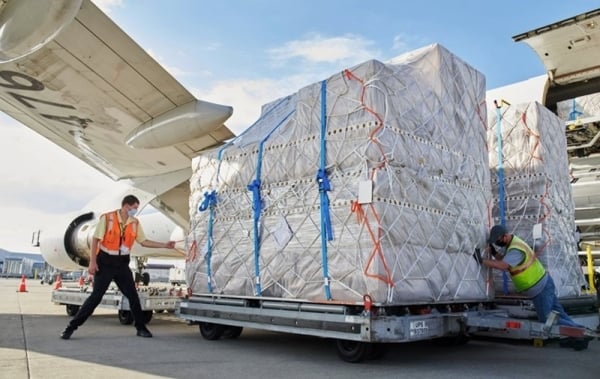





![[Photo] Summary of parade practice in preparation for the April 30th celebration](https://vstatic.vietnam.vn/vietnam/resource/IMAGE/2025/4/11/78cfee0f2cc045b387ff1a4362b5950f)









































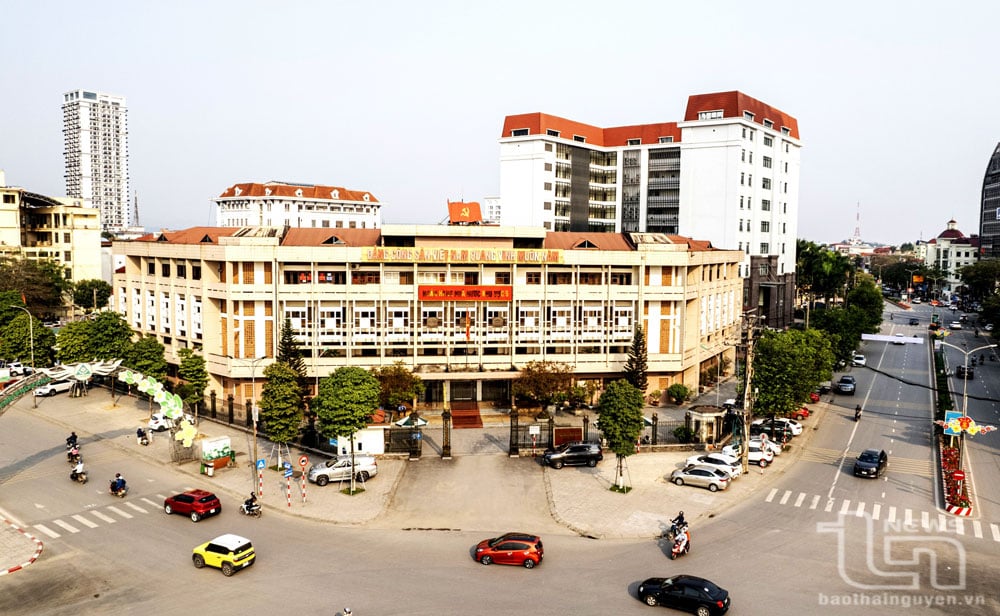



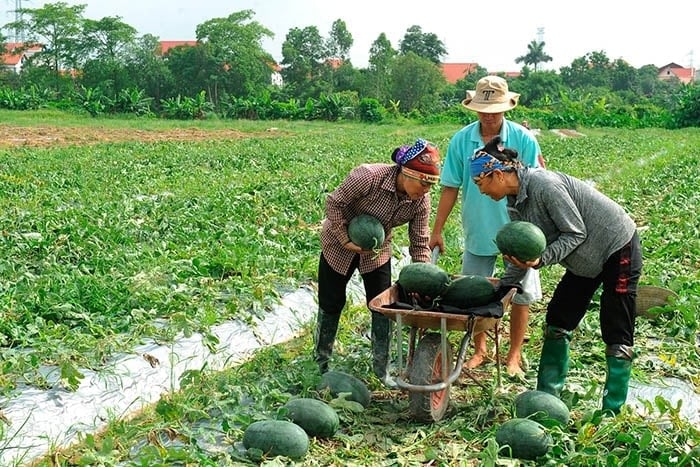

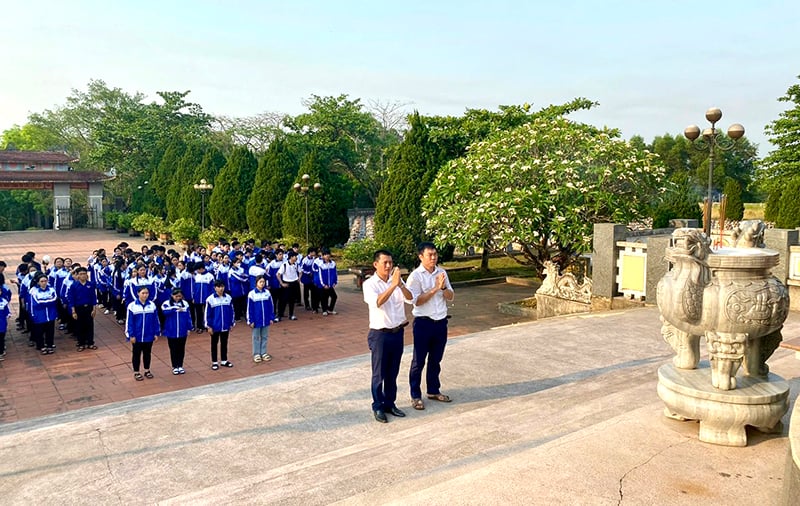


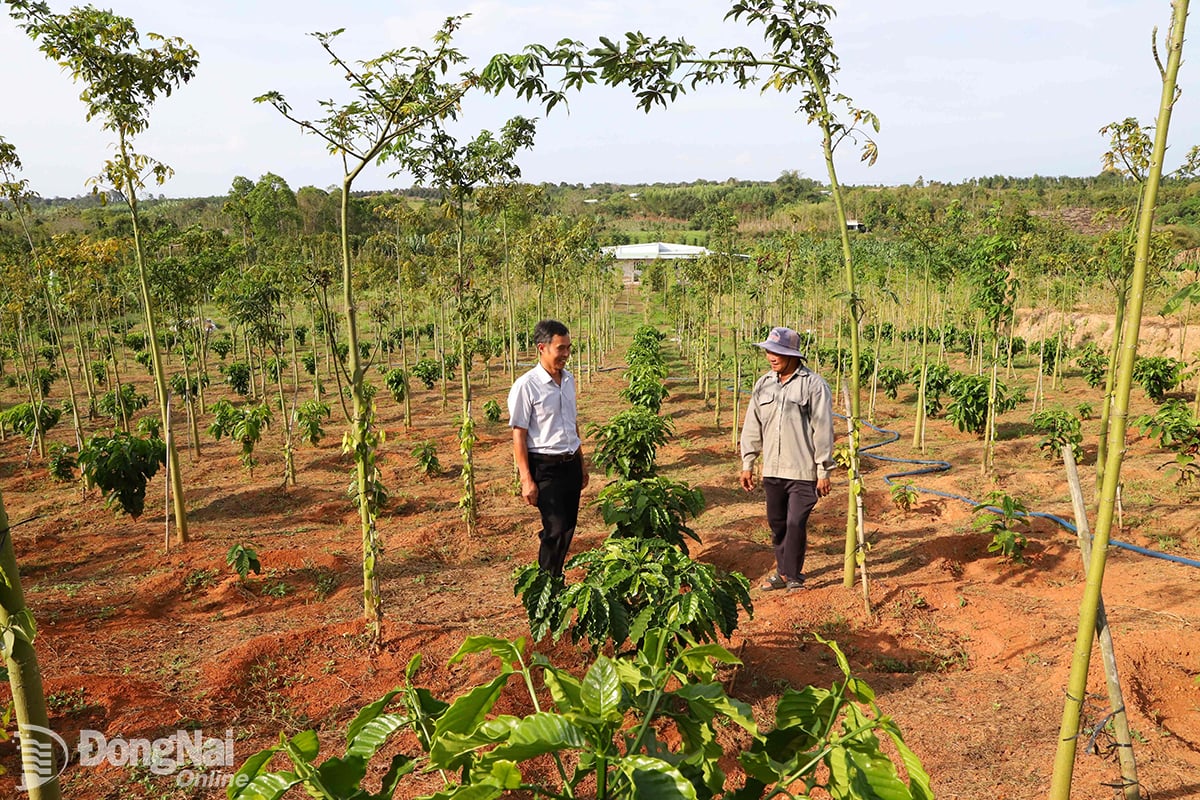












Comment (0)